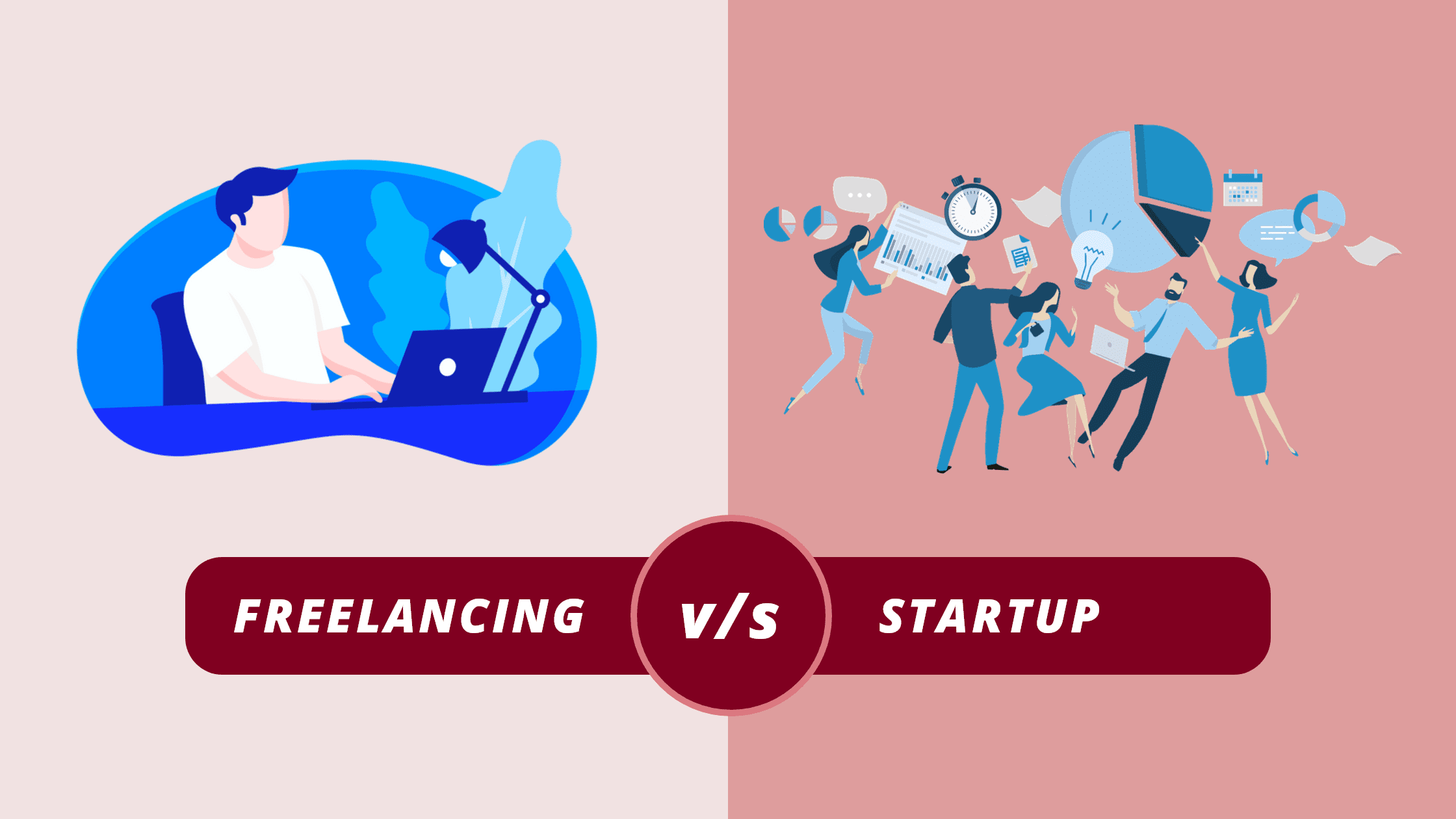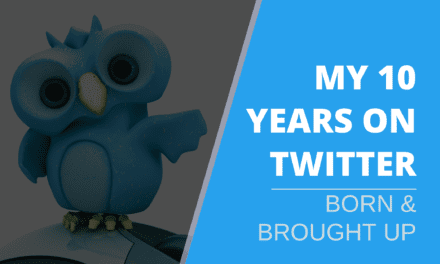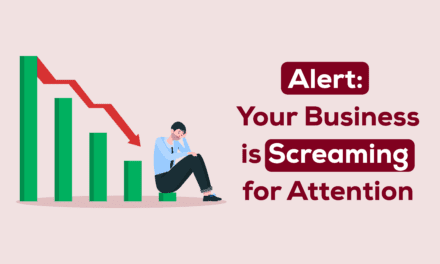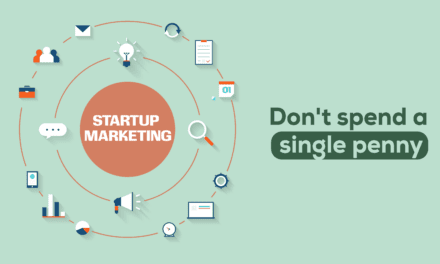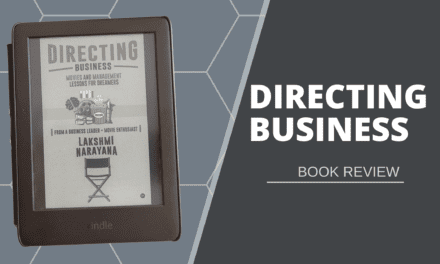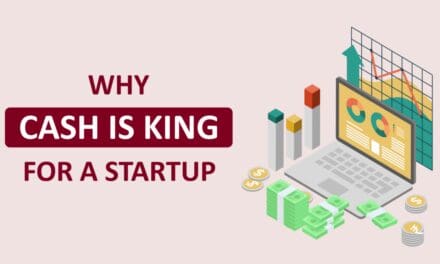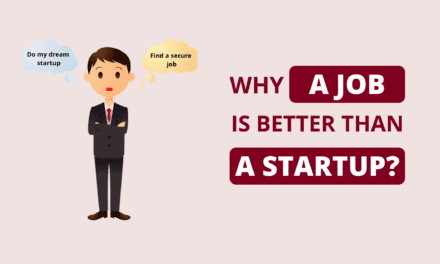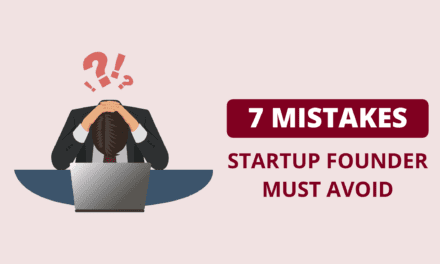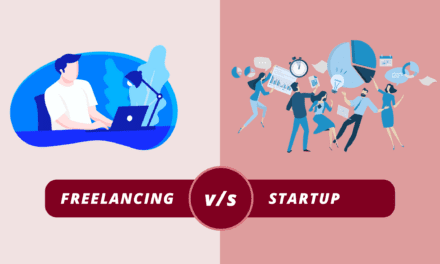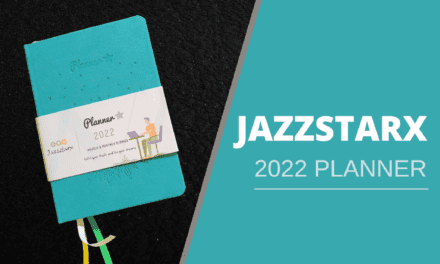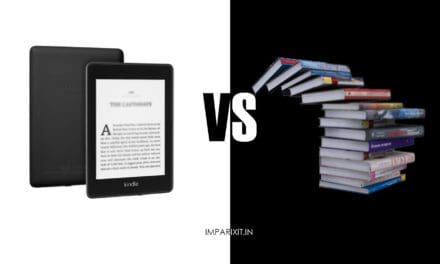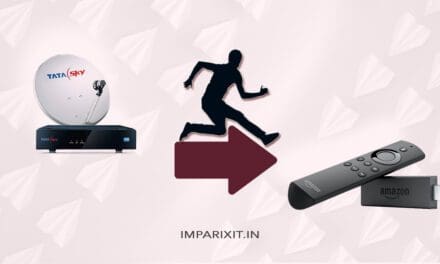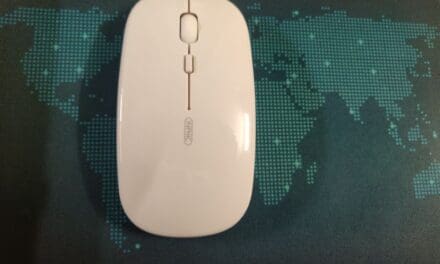“Freelancing” is a buzzword in the current job market. Traditionally, there were just options, either doing a job or running a business. But, thanks to the growing internet penetration and increasing awareness of the job and business world, people are making unconventional but effective career choices. So, what’s the thing with freelancing vs startup? Which one is better, or say, which is better for you? Let us discuss this in this blog.
Freelancing
Freelancers generally have a skill that they trade for a money model and are not very scalable. This may look like writing, designing, photography, etc. The freelancing lifestyle proposes more freedom than “being in a business”—especially for a solitary person. It is the only most precise way to start a new business. It is unlikely that they have any experience drumming up a new business, managing, accounting, etc.
Startup
In startups, founders use the money to build a company more substantial than themselves. They even make money when they sleep, focusing on growth and gauging the systems they assemble. A business starts with an idea. A founder thinks about solving a momentous problem day and night, takes ownership of unraveling the difficulty of shaping the world with expectations of making profits.
Freelancing vs Startup: Some Key Differences
Now, let us get into the debate of freelancing vs startup: depending on your temperament, individuality, and goals, one might be a more classic choice than the other. Both freelancing and startup implicate taking risks.
Growth
A freelancer is a lone warrior. He is the whole and soul of everything. The growth of freelancing depends on the freelancer’s willingness and capabilities. On the other hand, a company has many minds and hands. Growing a startup can be comparatively easier as hiring staff, expanding physical presence, and networking with companies becomes convenient.
Risk of Survival
Freelancing, more often than not, is cash-productive. There are many ups and downs in the freelancing lifestyle, but the chances of going into losses are very thin. It has far more predictable results as compared to a startup. Opposite to that, a startup could prosper today and sink next quarter. Business is all about surprises while freelancing is a less dramatic way.
Volatility
In freelancing, the risk rate is limited to finding and retaining clients. You can always replace clients. On the other hand, a startup founder has to take big monetary risks either with your money or an investor’s money, career-related risks, and many other risks. A startup sees more ups and downs than a freelancer can imagine. You can only control a part of your business; the rest is in the hands of the external market forces. Freelancers enjoy excellent stability; if they have a continuous workflow, then a startup.
Rewards
While one offers immediate but smaller rewards, the other offers big rewards in a long run. This is a big differentiator in freelancing vs startup. Startups make money as they prosper and reinvest a big chunk of that into the business again. Assets built by startups belong to the entire organization, while freelancers build earnings are for him alone.
Team Work
Another key differentiator in the debate of freelancing vs startup. A freelancer usually works solo and does not involve managing a team. They may need some help and guidance to enhance their performance, but they don’t need full-time assistance from anyone. Unlike freelancing, a founder needs to manage a team of experts in their respective fields. A founder needs to build a team, keep them in sync and keep them motivated.
Freedom
Freedom of working is where the freelancing vs startup debate gets one-sided. A freelancer enjoys a lot more freedom than a startup founder cannot even dream of. As a freelancer, you can take up projects based on your interests and time, while a business has to keep a customer happy all the time. Freelancing gigs can also be priced differently for different clients whereas a business has to keep standard charges stable. Mostly, a freelancer can work at any given time, but a company has to be fully operational during business hours.
Profitability
The goal of a freelancer is to ascertain a good reputation and a broad base of clients that will pay high hourly wages. Generally, freelancers make an immediate profit and rarely cause any losses. On the other hand, a startup can be profitable and sometimes lose-making. Sometimes startups incur losses to build goodwill or long-term business relationship. It may not be a deciding factor in today’s market but one needs to keep this in mind when discussing freelancing vs startup.
Focus of Efforts
Freelancers spend most of their time on their work—directly exchanging their time for money, earning an active income. By contrast, businessperson spends most of their time working on the team and clients. A founder is involved more in building a fully functional system, even in his absence. A freelancer focuses on the present while a founder thinks of the present and the future. The gap of freelancing vs startup widens when we see where they focus more.
So, What is a Better Choice?
Freelancing vs Startup can be a good debate, to be honest. Freelancing gives you the freedom to make choices while limiting your rapid growth. A startup allows you to operate at a much bigger scale but takes away the freedom you’d enjoy as a freelancer. As a person who started as a freelancer and now running a startup, I have enjoyed both worlds.
I firmly believe one should start as a freelancer before launching a startup. Freelancing gives you great learning, confidence, and self-analysis to help you build a strong foundation for your startup journey. But, staying a freelancer for too long may not be a good idea if you wish to establish yourself and create something far bigger than yourself.

